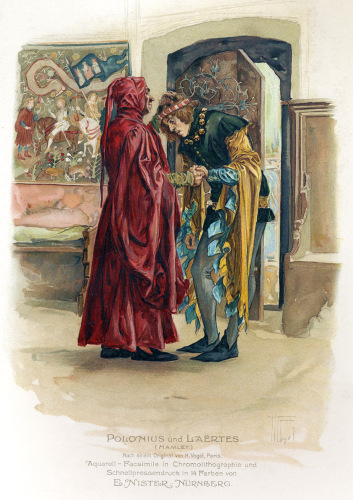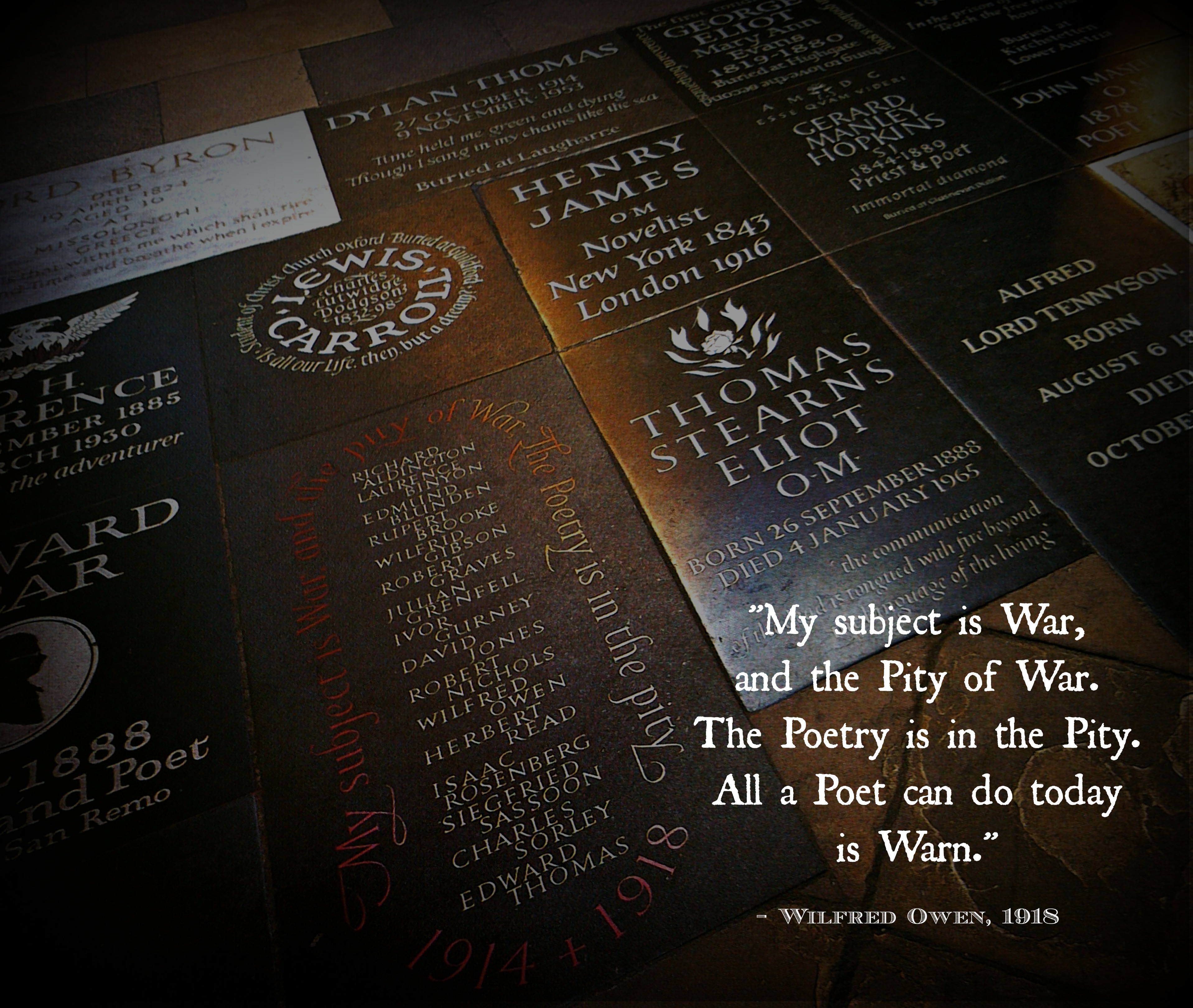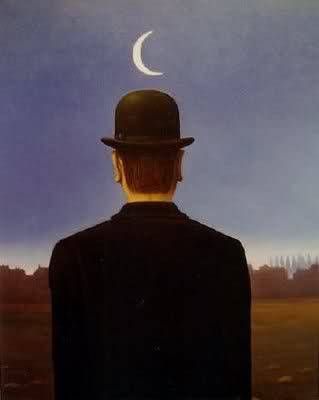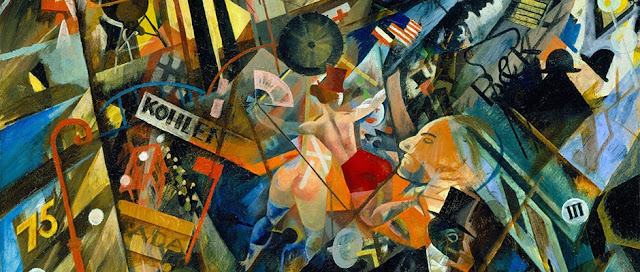
Friday, 26 May 2017
Thursday, 25 May 2017
A FATHER'S ADVICE TO HIS SON

William
Shakespeare’s timeless words speak across generations and cultures. In Hamlet, I, iii, Polonius
gives some paternal advice to his son Laertes before he leaves for
France. All the advice is good, but the best comes at the end, “To
thine own self be true” - be a man of honor and integrity, live life
in a way that consent to you to look at yourself in the mirror and not be
ashamed. Read here and here.
Labels:
4^C Linguistico,
Drama,
Hamlet,
Literature,
Shakespeare
Friday, 19 May 2017
FUNERAL BLUES

W. H. Auden’s poem "Stop all the clocks" – also sometimes known as "Funeral Blues" – is a poem so famous and universally understood that perhaps it is unnecessary to offer much in the way of textual analysis. Continue reading here.
Tuesday, 16 May 2017
Monday, 15 May 2017
REVISING WILFRED OWEN

Here you can find my previous post on Wilfred Owen, an English poet whose work was characterised by his anger at the cruelty and waste of war, which he experienced during service on the Western Front.
Sunday, 14 May 2017
THE UNKNOWN CITIZEN

(To JS/07 M 378
This Marble Monument
Is Erected by the State)
This Marble Monument
Is Erected by the State)
He was found by the Bureau of Statistics to be
One against whom there was no official complaint,
And all the reports on his conduct agree
That, in the modern sense of an old-fashioned word, he was a
saint,
For in everything he did he served the Greater Community.
Except for the War till the day he retired
He worked in a factory and never got fired,
But satisfied his employers, Fudge Motors Inc.
Yet he wasn't a scab or odd in his views,
For his Union reports that he paid his dues,
(Our report on his Union shows it was sound)
And our Social Psychology workers found
That he was popular with his mates and liked a drink.
The Press are convinced that he bought a paper every day
And that his reactions to advertisements were normal in every way.
Policies taken out in his name prove that he was fully insured,
And his Health-card shows he was once in hospital but left it cured.
Both Producers Research and High-Grade Living declare
He was fully sensible to the advantages of the Instalment Plan
And had everything necessary to the Modern Man,
A phonograph, a radio, a car and a frigidaire.
Our researchers into Public Opinion are content
That he held the proper opinions for the time of year;
When there was peace, he was for peace:
when there was war, he went.
He was married and added five children to the population,
Which our Eugenist says was the right number for a parent of his
generation.
And our teachers report that he never interfered with their
education.
Was he free? Was he happy? The question is absurd:
Had anything been wrong, we should certainly have heard.
Friday, 12 May 2017
THE JAZZ AGE

The Jazz Age was a period in
the 1920s, ending with the Great Depression, in which jazz music and dance styles became
popular, mainly in the United
States, but also in Britain, France and
elsewhere. Jazz originated in New
Orleans as a fusion of African and
European music and played a significant part in wider cultural changes in this
period, and its influence on pop
culture continued long afterwards. Read here.
In the 1920s America – known as
the Jazz Age, the Golden Twenties or the Roaring Twenties – everybody seemed to
have money. Read here.
Labels:
5^C Linguistico,
F.Scott Fitzgerald,
Literature,
The Jazz Age
Tuesday, 9 May 2017
Thursday, 4 May 2017
Wednesday, 3 May 2017
MODERNISM
The Modernist Period in English literature occupied the years from shortly after the beginning of the 20th century through roughly 1965. In broad terms, the period was marked by sudden and unexpected breaks with traditional ways of viewing and interacting with the world.
Click here to read about Modernism.
Labels:
5^C Linguistico,
5^D Linguistico,
Literature,
Modernism,
The Modern Age
Monday, 1 May 2017
MAY
"Fast fading violets cover'd up in leaves;
And mid-May's eldest child,
The coming musk-rose, full of dewy wine,
The murmurous haunt of flies on summer eves."
John Keats
Subscribe to:
Comments (Atom)



